Department Of Veterans Affairs
-
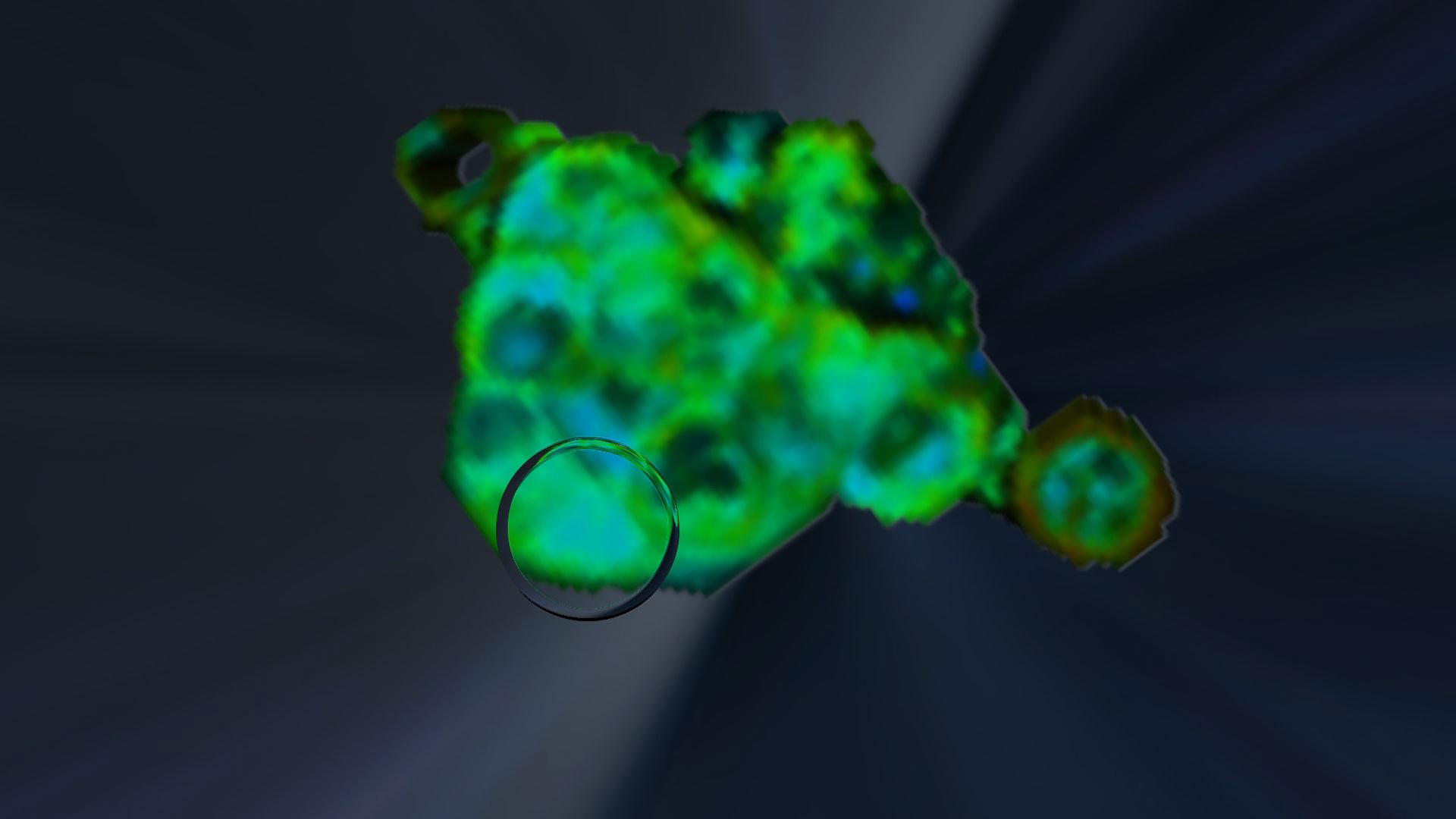
Pancreatic cancer clue
Inflammation synergizes with a cell’s intrinsic genetic program to promote the development of pancreatic cancer. Read MoreAug 12, 2019
-
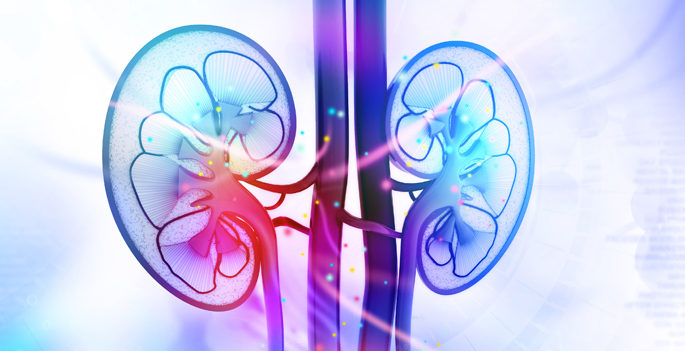
Sex differences in kidney injury
Men are more susceptible to progressive kidney disease than women; new VUMC studies point to differences in the expression and activation of the EGF receptor. Read MoreJul 25, 2019
-
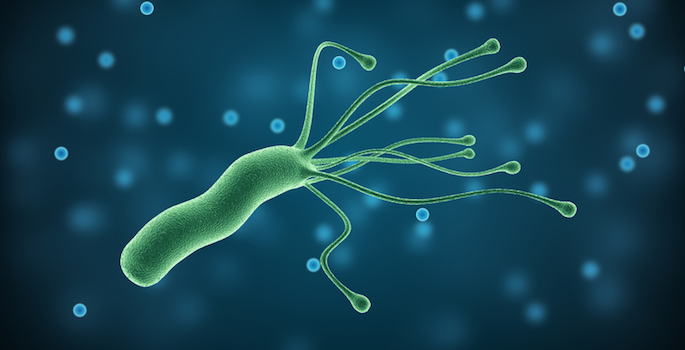
Cancer prevention drug also disables H. pylori bacterium
A medicine currently being tested as a chemoprevention agent for multiple types of cancer has more than one trick in its bag when it comes to preventing stomach cancer, Vanderbilt researchers have discovered. Read MoreMar 28, 2019
-

Reprogramming cells for kidney repair
Lauren Woodard and Matthew Wilson have discovered a way to reprogram adult human kidney cells into cells similar to those that form during embryonic development, which could lead to new kidney disease treatments. Read MoreMar 14, 2019
-

Skin diseases study uses crowdsourcing to gather data
Identifying and quantifying skin lesions often requires hours of tedious visual inspection by experts, making it difficult to study a lot of them at once. Eric Tkaczyk and Daniel Fabbri have found that training multiple non-experts to do basic evaluations can achieve comparable results. Read MoreFeb 21, 2019
-

Probing H. pylori cancer protein
Timothy Cover, john Loh and colleagues have identified how a certain type of mutation influences the risk of premalignant and malignant changes in the stomach. Read MoreFeb 15, 2019
-

Beta cell biomarker findings may speed diabetes research
Researchers at Vanderbilt University Medical Center have identified a biomarker for insulin-producing beta cells. Their finding could lead to improved ways to study and treat diabetes. Read MoreNov 30, 2018
-
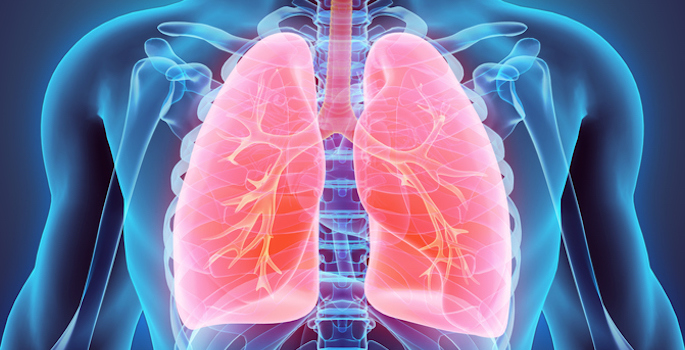
Lung cancer survival signal
New research by Jonathan Lehman and Pierre Massion have identfied a bioimarker that suggests poor prognosis for small-cell lung cancer, as well as potential target for new therapies. Read MoreNov 30, 2018
-
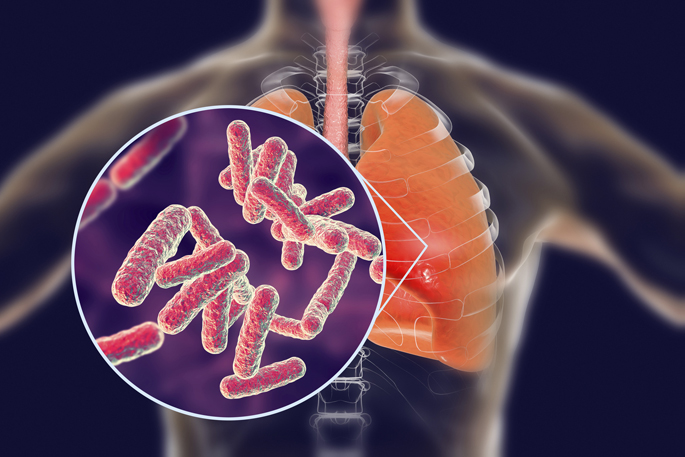
Confronting TB resistance
Vanderbilt researchers describe how certain tuberculosis treatments work and suggest these medications may overcome the threat of drug-resistant tuberculosis. Read MoreJun 11, 2018
-

Toxin floats on lipid rafts
The bacterium H. pylori is a leading cause of stomach cancer, and Vanderbilt researchers are studying how one of its toxins gets into cells. Read MoreApr 23, 2018
-
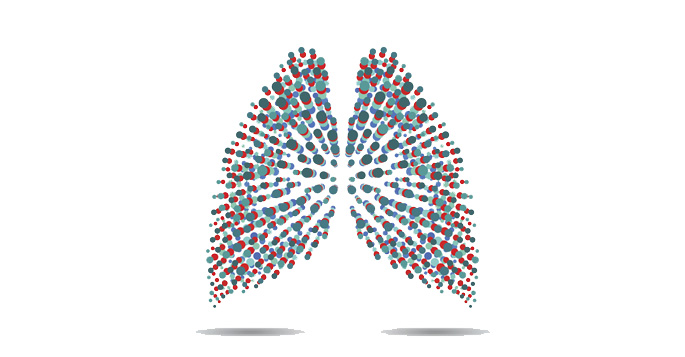
Lung diseases share molecular signature
Lung diseases of infancy and aging share a molecular signature, pointing to a potential target for treatment and prevention. Read MoreApr 5, 2018
-
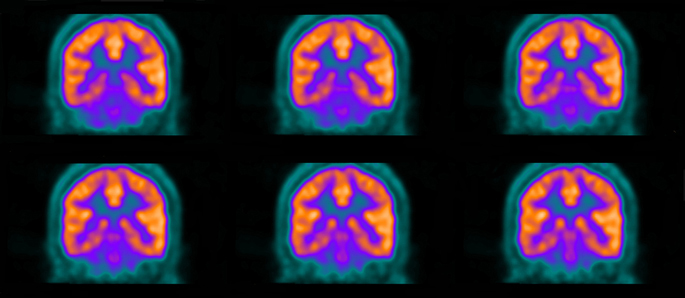
Alzheimer’s proteins in ICU survivors
The cognitive impairment that affects patients who survive a stay in the ICU does not appear to have a similar mechanism to Alzheimer’s disease, Vanderbilt researchers have discovered. Read MoreMar 27, 2018
-

Versatile C. difficile blocker
New research reveals a unique mechanism of C. difficile toxin neutralization by a monoclonal antibody, suggesting new therapeutic approaches. Read MoreJan 26, 2018
-

Asthma study may point to potential new therapeutic approach
New findings from Vanderbilt suggest that blocking the migration of cells involved in asthma may represent a new approach for treating the respiratory condition. Read MoreJan 4, 2018
-

New tools to combat kidney fibrosis
Vanderbilt investigators have developed a new mouse model of kidney fibrosis, which provides a platform for identifying new targets and treatment strategies. Read MoreOct 13, 2017
-
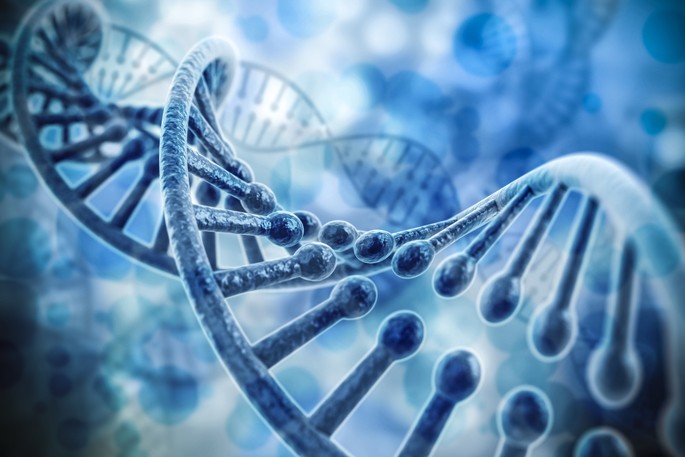
Novel insights to antibiotic targets
New mechanistic details about the DNA-unwinding activity of antibacterial protein targets could lead to the design of better antibiotic medicines. Read MoreSep 29, 2017
-
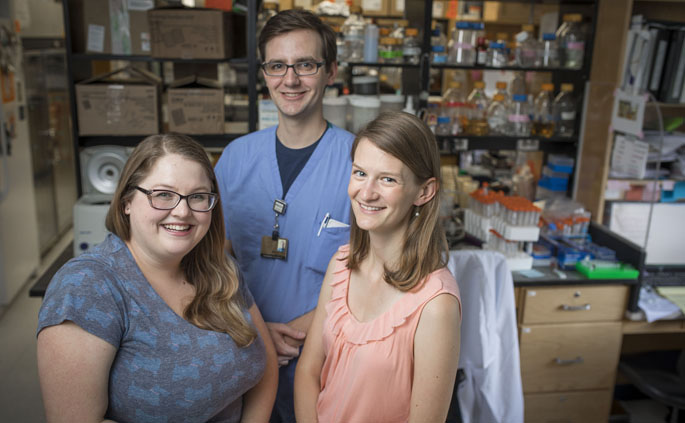
Excess dietary manganese increases risk of staph infection in heart
Too much dietary manganese — an essential trace mineral found in leafy green vegetables, fruits and nuts — promotes infection of the heart by the bacterium Staphylococcus aureus (“staph”). Read MoreSep 21, 2017
-

Medication safety in the ICU
Facilitated reporting of medication-related events in the intensive care unit can provide opportunities for optimizing quality of care and patient safety. Read MoreSep 19, 2017
-
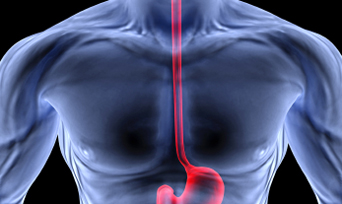
Acid reflux cancer link
Blocking acid reflux-induced production of reactive oxygen compounds may be a useful strategy for preventing DNA damage and decreasing the risk of esophageal cancer. Read MoreSep 14, 2017
-
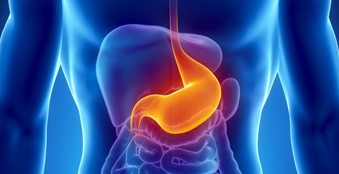
Early drivers of gastric cancer
Using bioinformatics approaches, Vanderbilt investigators have identified gene expression networks that are deregulated in mouse and human stomach cancers. Read MoreAug 8, 2017